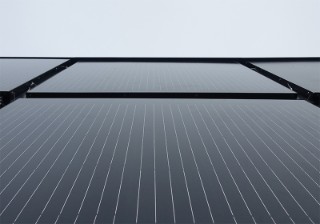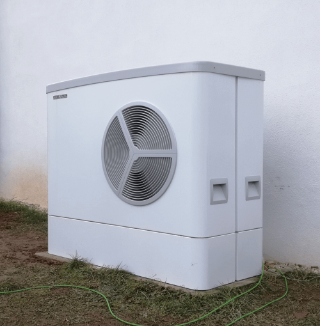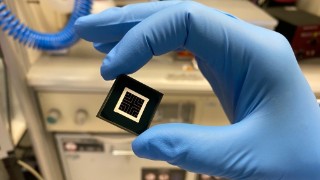Press Release #28 / 2024
Quick to Install and Thermally Insulated BIPV Façade Element

Fraunhofer ISE and Fraunhofer UMSICHT have developed a prefabricated façade element with integrated photovoltaics for buildings that combines power generation, weather protection and thermal insulation. By eliminating the need for an additional substructure for the solar modules, this element can save large amounts of building materials, while speeding up installation during retrofits at the same time. Visitors to the BAU, the world's leading trade show held in Munich from January 13 to 17, 2025, can view two variants of the BIPV façade elements at the Fraunhofer Building Innovation Alliance's stand. The façade element was developed as part of the Fraunhofer flagship project "BAU-DNS".
more info
